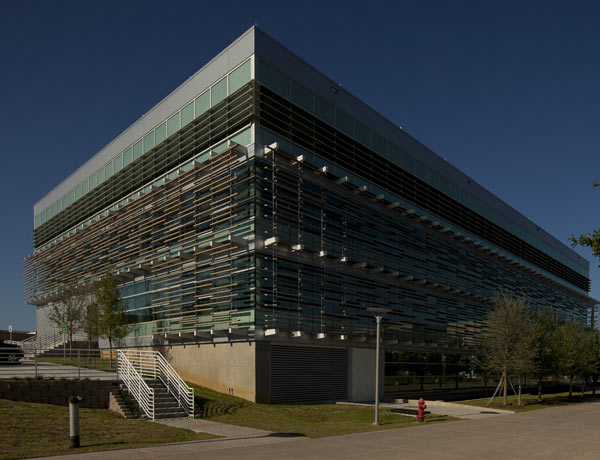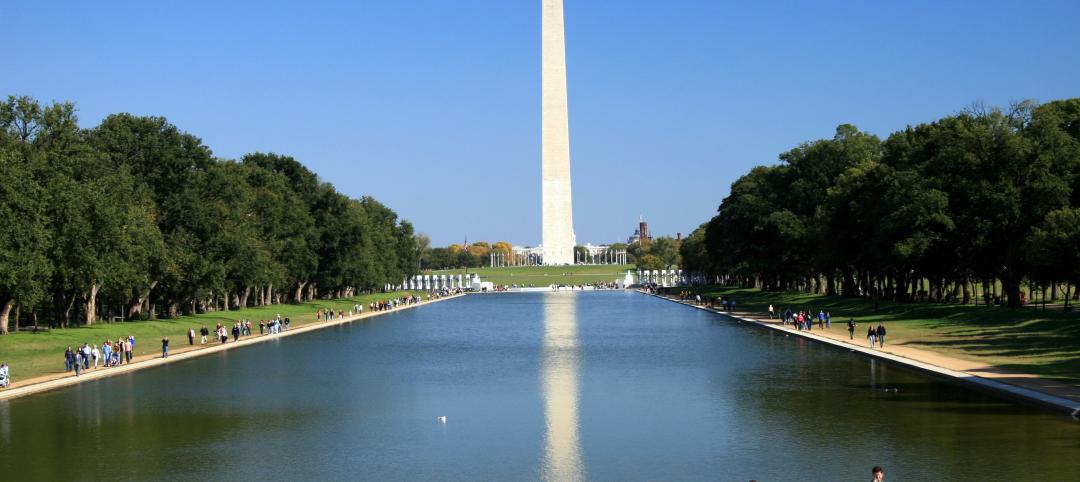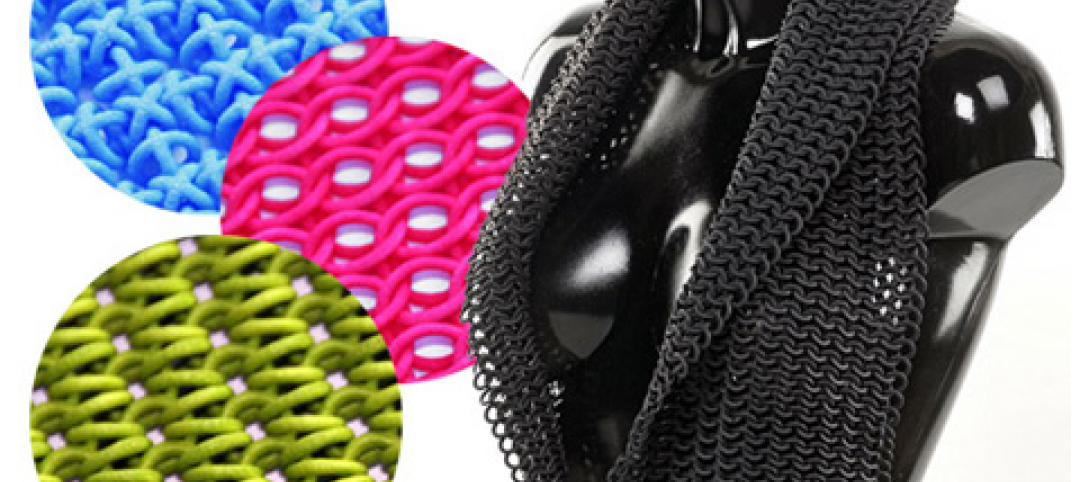The U.S. Green Building Council's Center for Green Schools, working in conjunction with its founding sponsor, United Technologies Corp., released its inaugural Best of Green Schools 2011 list recognizing school administrators and government leaders in 10 categories for their efforts to create sustainable learning environments.
Recipient schools and regions from across the nation - from K-12 to higher education - were recognized for a variety of sustainable, cost-cutting measures, including energy conservation, record numbers of LEED certified buildings and collaborative platforms and policies to green U.S. school infrastructure. Their commitments to measurable and innovative sustainable building goals serve as models for schools and campuses everywhere.
According to published reports, green schools save on average $100,000 per year on operating costs - enough to hire two new teachers, buy 200 new computers, or purchase 5,000 textbooks. On average, green schools use 33 percent less energy and 32 percent less water than conventionally constructed schools, and if all new U.S. school construction and renovation went green today, the total energy savings alone would be $20 billion over the next 10 years.
The recipients include:
- Moment for the Movement - U.S. Department of Education, Green Ribbon Schools: Green Ribbon Schools is the first comprehensive and coordinated federal initiative to focus on the intersection of environment, health and education.
- Region - Sacramento area: Mayor Kevin Johnson has led the charge to bring together mayors and superintendents from across the Northern California region to create a $100 million revolving loan fund for green school retrofits.
- State - Ohio: With 315 LEED registered and certified projects, including 19 schools registered in 2011, Ohio leads the nation with more green school projects underway than any other state.
- City - Philadelphia: The School District of Philadelphia made significant steps in 2011 toward the greening of the city's 291 public schools.
- School - Lake Mills Middle School (Lake Mills, Wisc.): In March 2011, Lake Mills Middle School became the first public school in the nation to achieve LEED Platinum certification.
- Higher Ed Innovator - University of Texas at Dallas: The University's new LEED Platinum Student Services Building, which was the recipient of this year's Innovation in Green Building Award, was designed to improve departmental efficiency and interaction, includes terra-cotta shades on the building's exterior to provide a unique energy efficient shading strategy and was built $1.1 million under budget.
- Collaborators - Kentucky Reps. Jim DeCesare (R) and Mary Lou Marzian (D): This bipartisan team has led Kentucky's green school efforts and is a model for teaming on green school collaboration. Together, they've worked with their colleagues in the Kentucky General Assembly to unanimously adopt resolutions in support of green schools, and have encouraged other states to work across party lines on similar efforts.
- Convener - Boston: In September 2011, Mayor Menino hosted the Research Summit on Childhood Health and School Buildings, which brought together a team of interdisciplinary researchers to explore the connection between school facilities and student health. Boston's public school district is also home to one of the first Center for Green Schools Fellows - a sustainability coordinator who will work within the school district for three years, bringing together faculty, administration, facilities staff, teachers and students to advance whole-district sustainability initiatives.
- Policy makers - District of Columbia City Council: In May 2010, the Washington, D.C. council unanimously passed the Healthy Schools Act of 2010, building upon the District's existing LEED Silver requirement and encouraging schools to achieve LEED Gold certification. 2011 updates to the bill included participation in the U.S. Department of Education's Green Ribbon Schools program, making D.C. the first - before any state - to sign up for the voluntary federal program.
- K-12 Innovation - Public-Private partnership in Illinois: A report outlining a plan to green all K-12 schools in Illinois was released in March 2011 as a result of a public-private partner. BD+C
Related Stories
| Nov 15, 2010
Gilbane to acquire W.G. Mills, Inc.
Rhode Island-based Gilbane Building Company announced plans to acquire W.G. Mills, Inc., a construction management firm with operations based in Florida. The acquisition will dramatically strengthen Gilbane’s position in Florida’s growing market and complement its already established presence in the southeast.
| Nov 11, 2010
Saint-Gobain to make $80 million investment in SAGE Electrochromics
Saint-Gobain, one of the world’s largest glass and construction material manufacturers, is making a strategic equity investment in SAGE Electrochromics to make electronically tintable “dynamic glass” an affordable, mass-market product, ushering in a new era of energy-saving buildings.
| Nov 11, 2010
Saint-Gobain to make $80 million investment in SAGE Electrochromics
Saint-Gobain, one of the world’s largest glass and construction material manufacturers, is making a strategic equity investment in SAGE Electrochromics to make electronically tintable “dynamic glass” an affordable, mass-market product, ushering in a new era of energy-saving buildings.
| Nov 11, 2010
USGBC certifies more than 1 billion square feet of commercial space
This month, the total footprint of commercial projects certified under the U.S. Green Building Council’s LEED Green Building Rating System surpassed one billion square feet. Another six billion square feet of projects are registered and currently working toward LEED certification around the world. Since 2000, more than 36,000 commercial projects and 38,000 single-family homes have participated in LEED.
| Nov 10, 2010
$700 million plan to restore the National Mall
The National Mall—known as America’s front yard—is being targeted for a massive rehab and restoration that could cost as much as $700 million (it’s estimated that the Mall has $400 million in deferred maintenance alone). A few of the proposed projects: refurbishing the Grant Memorial, replacing the Capitol Reflecting Pool with a smaller pool or fountain, reconstructing the Constitution Gardens lake and constructing a multipurpose visitor center, and replacing the Sylvan Theater near the Washington Monument with a new multipurpose facility.
| Nov 9, 2010
Just how green is that college campus?
The College Sustainability Report Card 2011 evaluated colleges and universities in the U.S. and Canada with the 300 largest endowments—plus 22 others that asked to be included in the GreenReportCard.org study—on nine categories, including climate change, energy use, green building, and investment priorities. More than half (56%) earned a B or better, but 6% got a D. Can you guess which is the greenest of these: UC San Diego, Dickinson College, University of Calgary, and Dartmouth? Hint: The Red Devil has turned green.
| Nov 9, 2010
12 incredible objects being made with 3D printers today
BD+C has reported on how 3D printers are attracting the attention of AEC firms. Now you can see how other creative types are utilizing this fascinating printing technology. Among the printed items: King Tut’s remains, designer shoes, and the world’s smallest Rubik’s Cube.
| Nov 9, 2010
U.S. Army steps up requirements for greening building
Cool roofs, solar water heating, and advanced metering are among energy-efficiency elements that will have to be used in new permanent Army buildings in the U.S. and abroad starting in FY 2013. Designs for new construction and major renovations will incorporate sustainable design and development principles contained in ASHRAE 189.1.









